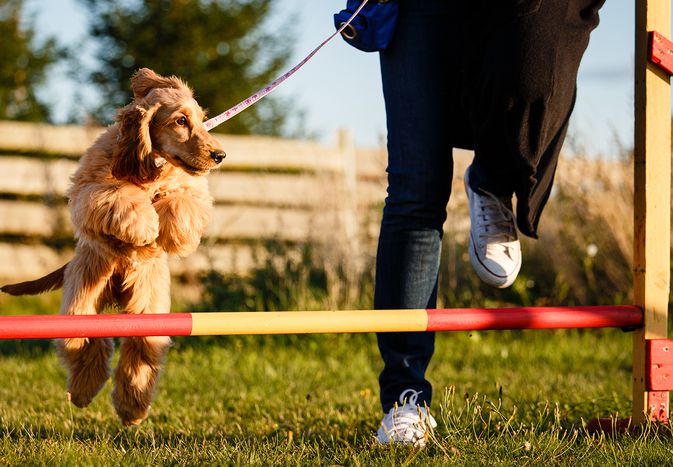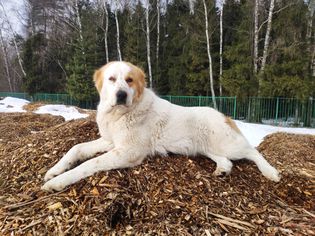There are many myths and misconceptions surrounding teacup dogs, particularly around their health. Before bringing one of these dogs into your family, it's important to understand the full picture of how the dog became so tiny and if they were ethically bred. Making an informed decision can be the difference between bringing a healthy dog and an unhealthy dog into the family.
Read on to learn more about teacup dogs, including how they're bred, how they got so tiny, their health status, and if it's even possible to find an ethical teacup dog breeder.
When Is a Dog Considered Teacup Size?
Although there's no single breed of teacup dogs—rather, several breeds like Pomeranians, Chihuahuas, and Maltese can be bred as teacups—there is a weight range that can qualify a pooch as a teacup. Teacup dogs can weigh as little as two pounds and measure fewer than 17 inches when fully grown. Toy breeds include any dogs that weigh less than 15 pounds, so teacup dogs can be considered part of the toy classification, too.
How Are Teacup Dogs Bred?
There's a lot of controversy around the breeding techniques breeders use to produce such tiny dogs. It's difficult to hear, but many of these techniques can be extremely detrimental to the dogs' health and happiness. Unscrupulous or unethical breeders may use techniques such as:
- Inbreed runts with other runts in the hopes of producing an entire litter of smaller-than-average dogs. Inbreeding can increase the risk of inheriting a genetic disorder, like blindness or epilepsy.
- Purposefully create malnourished dogs, which stunts the growth of the puppies and can result in failure to thrive and serious issues with the skeletal, digestive, and nervous systems
- Market normal-sized, smaller breeds as "teacup" to trick unsuspecting people
Is It Possible to Find an Ethical Teacup Breeder?
The short answer? Yes, it is possible to find an ethical breeder that has teacup dogs—the keyword being "has." Sometimes, an ethical breeder will have a litter with smaller-than-average pups that he or she can still give a health guarantee. This may be a rare occurrence, but it is the most ethical way to find a teacup. Because it is hard to know the origin of puppies at the pet store, you cannot be certain that those puppies weren't unethically bred.
If you're having a hard time locating an ethical teacup dog, you might want to consider toy dog breeds, which are smaller dogs, but a healthier size and weight for their standard.
Common Health Issues
Different dog breeds experience different health issues, but heart disease, diabetes, and issues with vision, like cataracts, are common among all breeds. Because teacups are so small, they often experience health issues related to their size. Some common concerns among teacups include:
- Hypoglycemia: This extreme drop in blood sugar can result in symptoms like shivering, weakness, and seizures.
- Unhealthy weight: Smaller dogs have faster metabolisms, which in turn requires more frequent feedings. Frequent feedings paired with little or no exercise can result in unhealthy weight.
- Hemorrhagic gastroenteritis (HGE): According to some studies, smaller dogs are more likely to develop hemorrhagic gastroenteritis. The exact cause of HGE is unknown, but it's often characterized by bloody diarrhea or vomit, lethargy, and decreased appetite.
- Bone fragility: Teacup dogs' bones are smaller and frailer than the bones of a larger dog, making them susceptible to breaks or fractures.
Teacup dogs are also more prone to being stepped on, sat on, or dropped simply because they're so tiny. If you have young children, a teacup dog might not be the right choice for you. Not every teacup dog will experience these health issues, but potential teacup pup parents should be well aware of the risks.
When it comes to teacup dogs, research (and maybe even a little bit of patience) is key. It is possible to have a happy, healthy teacup dog with the right amount of research.








